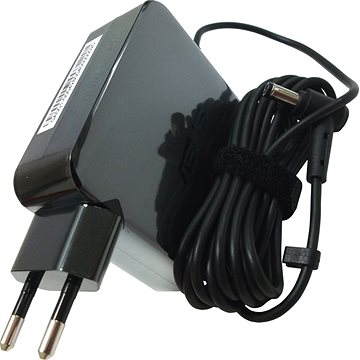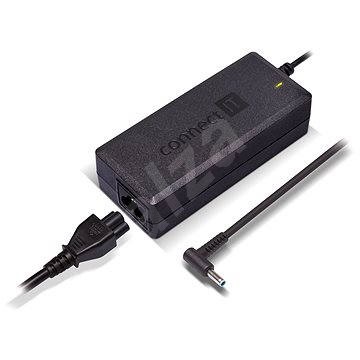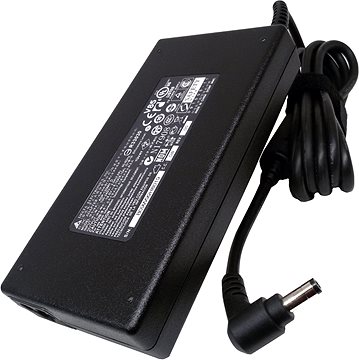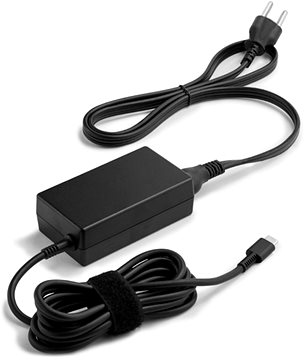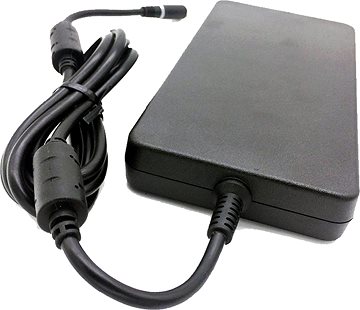
LZUMWS laptop adapter for dell 240W 19.5V 12.3A 7.4*5.0mm Alienware 14 15 M17x M18 R2 R3 M6400 M650 - Napájecí adaptér | Alza.cz

Příslušenství pro AVACOM pro notebook HP 19V 4.74A 90W konektor 7.4mm x 5.1mm s vnitřním pinem | Alza.cz
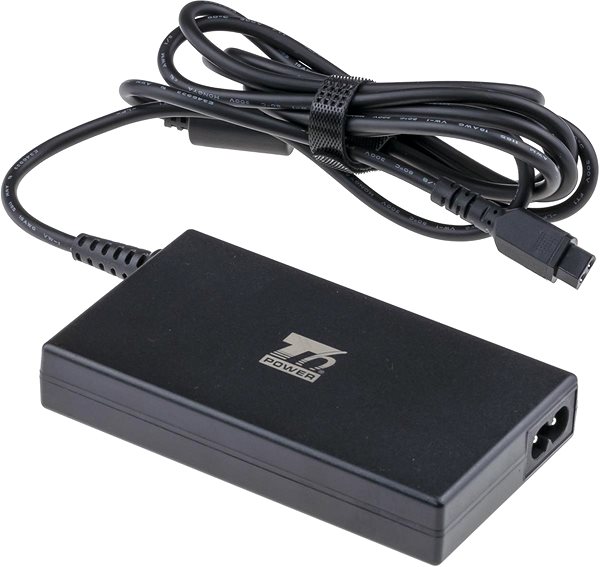
T6 Power SLIM univerzální adaptér k notebooku, 100W, 90W AC + 10W USB, 11 konektorů - Nabíječka | Alza.cz




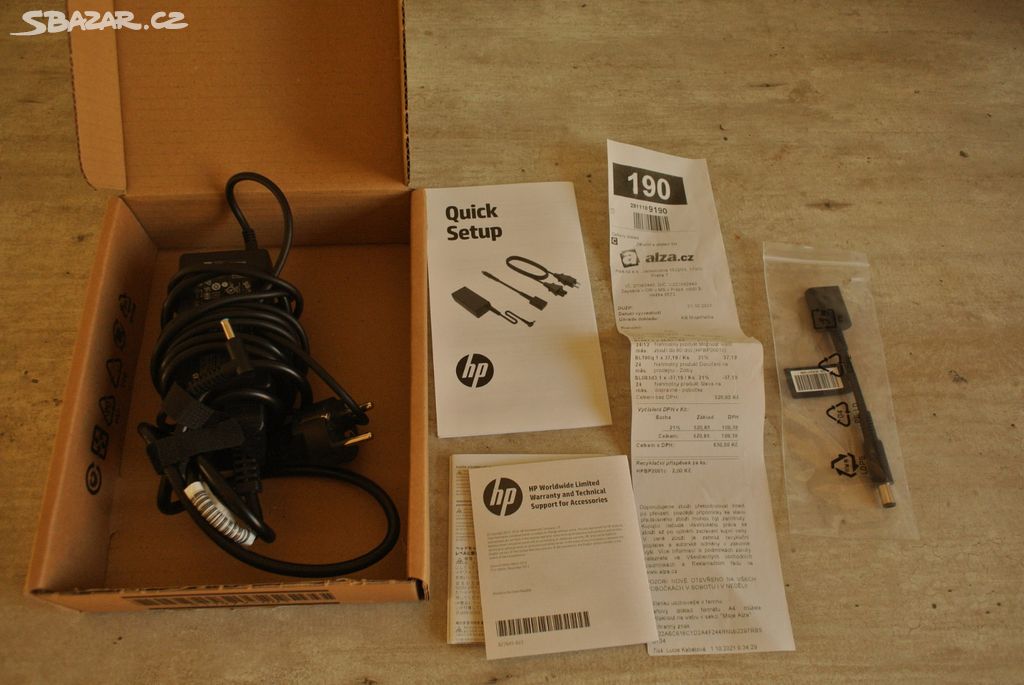
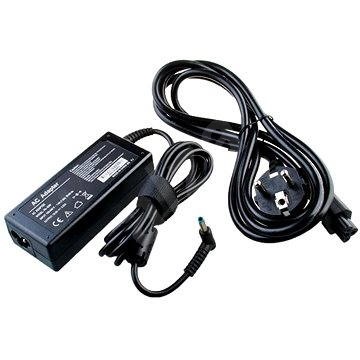


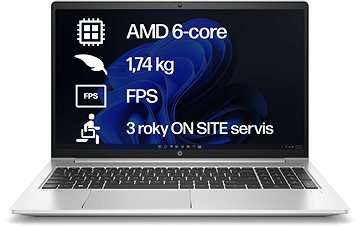
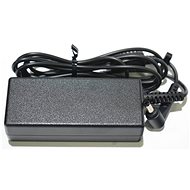

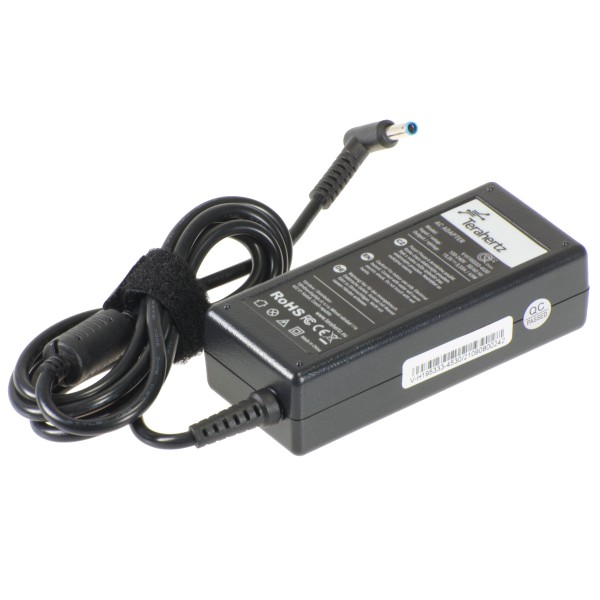
![Alza Gamebook [recenze]: Notebook s kompromisy? - GeekBoy.cz Alza Gamebook [recenze]: Notebook s kompromisy? - GeekBoy.cz](https://www.geekboy.cz/cdn/var/gb/reviews/10/63c83c9413e9b/web-recenze-miniatura-gamebook1_md.webp)
